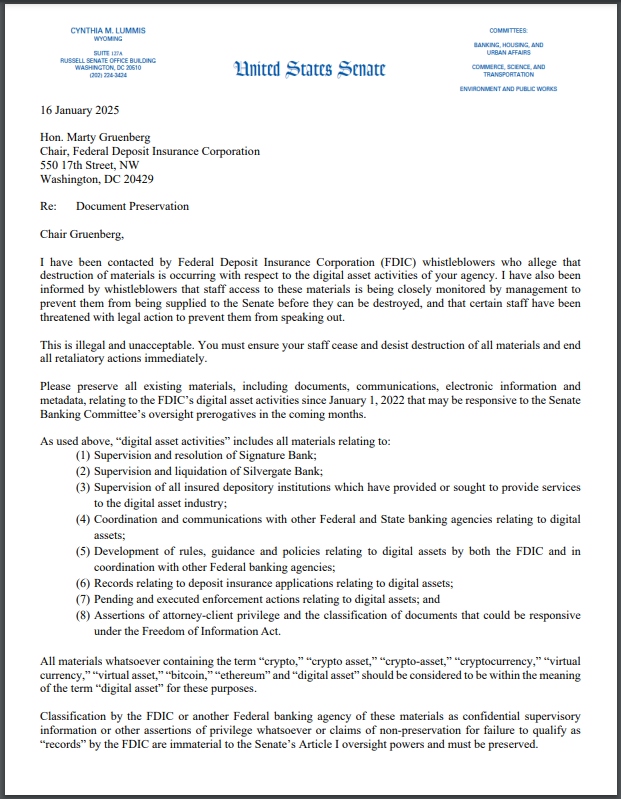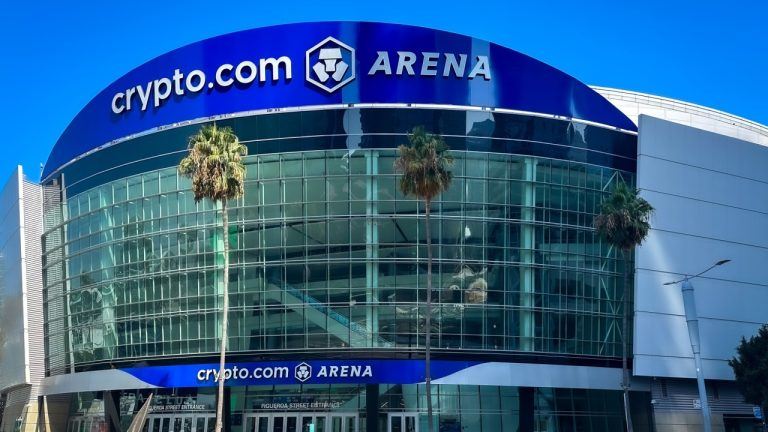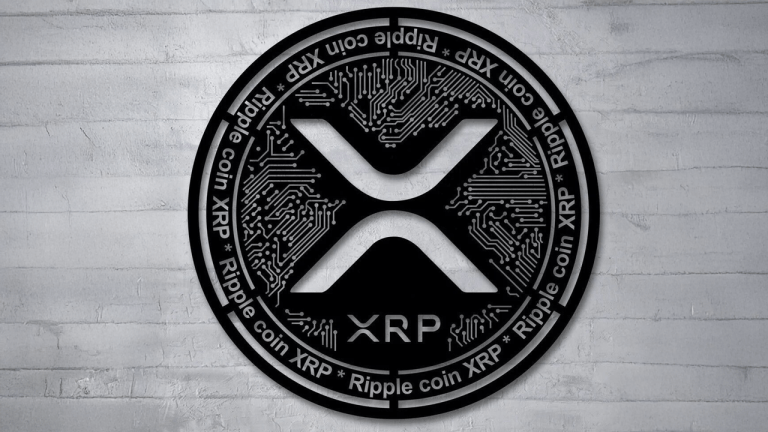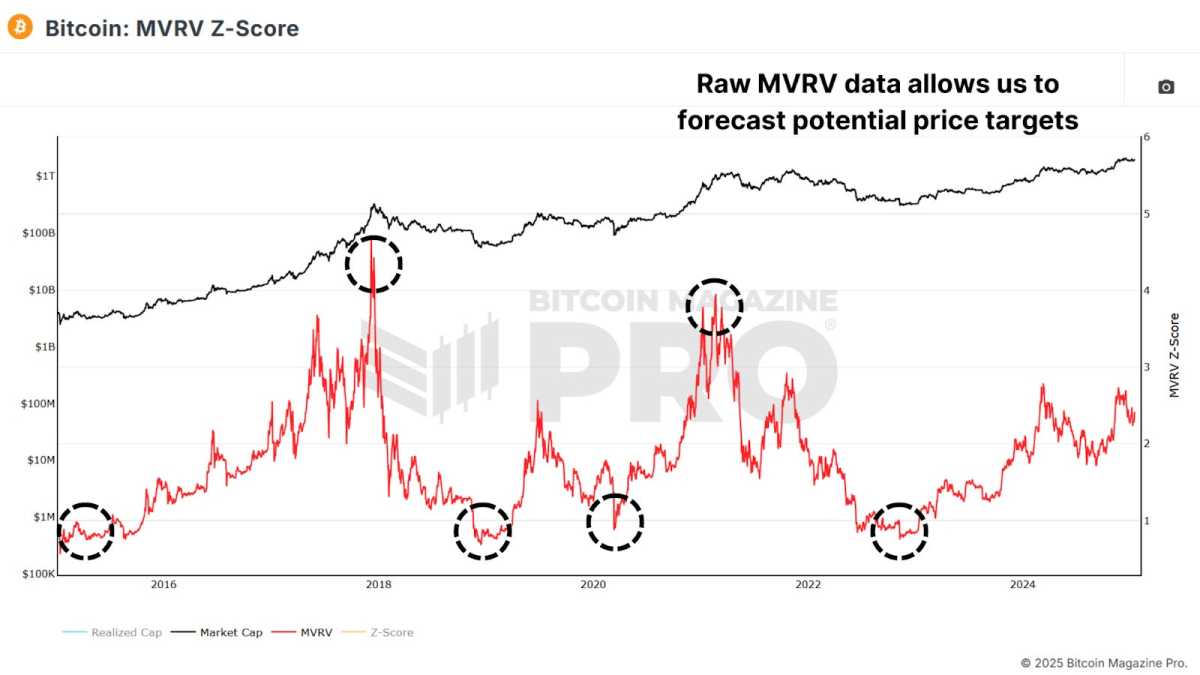This is a very controversial subject, given how: (1) Everyone on this sub loves and shills ALGO, and; (2) People either love ADA or hate it on this sub depending on market conditions. Therefore, it makes sense to start with a disclaimer about me and my goals in making this post.
Disclaimer: I don't care about price or market cap whatsoever, b/c I'm more interested in the technical future of this field than short-term moonshots; the only thing I care about are the technical claims made by formal research driven by the blockchains' respective foundations and the tradeoffs therein. I'm gonna be using my background knowledge in theoretical computer science and abstract math (which, of course, does not even begin to compare to that of Charles or Silvio) to make these comparisons, so I'll probably have to do a Satoshi and claim that "if you're not gonna get it, then I don't have time to explain it to you" (he allegedly said this on the forums in the early days of BTC.) My goal is to determine the most sound way of doing things in this field from a technical and formal mathematical perspective, so stick with me on this if and only if you're doing it for the tech.
I'm gonna be comparing the following attributes of each cryptocurrency:
- Decentralization
- Scalability (both current and future outlook)
- Security guarantees
- Programmability of smart contracts and other on-chain user-programs
- Monetary policy
- Long-term goals and ecosystem culture
- Current and future use-cases
Let's get started!
Decentralization (winner: tie)
First, we have to qualify how exactly we're measuring this; pretty much every competitor in this space is using this word in their marketing, but there's no objective way to compare the respective decentralization of two general blockchains. In the absence of a standard, I'm gonna go with the ones that are most important to me as a long-term investor:
- Hardware requirements for a full-node (your own copy of the chainstate) and for a stake-pool (handling staking on your own computers without having to go through any third-party)
- Balaji Srinivasan's Nakamoto Coefficient
Starting with ALGO, we first observe that there are multiple different kinds of nodes; you can either have a non-relay/non-archival node (the bare minimum you need to have your own independent copy of the chainstate), or you can provide features incl. relay and archiving optionally for rewards directly from the Foundation (there's no "staking" per se, all coins are pre-mined). The requirements to run a participation node (no special services and no rewards) are trivial -- it can be done on a Raspberry Pi -- but the requirements for archival and staking are two vCPU cores and 4GB RAM (roughly $20/mo. in the cloud).
ADA, on the other hand, requires roughly 8GB (16GB is recommended) of RAM to run a full-node (e.g., with Daedalus). For staking, you need 2 vCPU cores, 8GB of RAM, along with 1GB bandwidth per hour, and about 30GB of disk space to run the database -- all on a public/static IPv4 address. This will probably run you $20-40/mo. on a cloud provider.
The requirements for the two aren't all that different -- ADA's is slightly higher -- but I do want to note that Cardano is focused on lessening the barrier to adoption by relaxing the requirements to be part of the network, e.g., through Mithril, whereas ALGO qualifies that the requirements might increase over time. With that said, there isn't enough here to sweat it, as I'm sure ALGO will manage to keep the requirements low over time as well.
Re. Nakamoto coefficient, you can refer to the latest blockchain stats to see that we have roughly N=25 (higher is better). I'm not sure how to compute the same thing for ALGO from the metrics, but I'll hazard a guess that it's around the same. There's also the caveat that Nakamoto coefficient is expected to double for ADA when the K-parameter is relaxed in due time.
I'm calling this a tie b/c ALGO seems slightly more decentralized now, but ADA has a formal mathematical plan to become more decentralized as more stake is introduced.
Scalability (winner: ALGO, although it's close)
It's really no competition here if you're considering TPS on the main-chain today; ALGO has TPS in the thousands, whereas ADA is upper-bounded at 4-6 TPS until the block size increases.
With that said, ADA does have an entire Basho era dedicated to securely offloading work onto sidechains, and Hydra is in the testing phase, so it's arguably apples to oranges; as Charles often argues, TPS is an oversimplification of the scalability problem b/c there's a difference between settlement on sidechains as opposed to on the main-chain (also discounting highly-complex transactions that can happen "for free" per block or even between blocks).
I think it suffices to say that ALGO is what is scalable today, whereas ADA has an entirely different approach to the whole scalability problem that we haven't even seen the beginning of yet. I'm calling this one in favor of ALGO gang, but it's really close, b/c we haven't seen anything from Basho yet.
Security guarantees (winner: tie)
TBH, both of these chains have pretty much the same cryptographic guarantees; in either case, you need a supermajority of the stake-holders to be honest in order for the chain to work.
The comparison is really between ALGO's cryptographic sortition for block production and ADA's Ouroboros protocol. I'm calling this a tie, b/c this is an incredibly hard choice; while ALGO uses all kinds of fancy cryptographic primitives like VRFs, ADA has the Ouroboros protocol family, which gets more and more impressive to me with each new release.
Don't get me wrong: Ouroboros is impressive to me b/c each generation builds on and strengthens the assumptions of the last to offer guarantees against different attack vectors; this is a DEEP rabbit hole to go down, but a sufficient TL;DR is that the latest generations -- Praos and Chronos -- are the first to formalize a notion of "time" on the blockchain so that attackers can't use real-time conditions induced by an evolving stakeholder population to exploit the system. With that said, this is all some silicon voodoo that 99% of you don't actually care about, so I'm not gonna give it to ADA b/c of this.
Programmability (winner: ADA)
The background info here is that ALGO supports smart-contracts using Python or a JavaScript-like language called Reach, whereas ADA has its own Turing-complete programming language for smart contracts through Plutus (built on Haskell). Personally, I'm a huge fan of Haskell, along with other advancements in formal methods of programming language theory that ADA takes advantage of, but I'll try not to let that bias get to me.
I'm giving it to ADA b/c, when you write a smart contract, you want as many formal guarantees provided by the system as possible (there's money on the line, and nobody wants to lose it). ALGO does better in this space than many other chains, having formal verification against things like memory leaks and integer/buffer overflows, but the formal methods supported by Haskell/Plutus in ADA are on a whole other league; you can mathematically prove that the outcome of a smart contract is going to be one that is explicitly defined by the developer on Plutus, and you can similarly prove complex mathematical theorems using the underlying Haskell-based infrastructure. From the rigorous perspective of a computer scientist and a theoretical mathematician, ALGO provides the basics for you to avoid shooting yourself in the foot, whereas ADA changes the whole smart-contracts game.
Monetary Policy (winner: ADA)
In this respect, ADA is a spiritual successor to Bitcoin, following the fixed-supply and halving cycles, whereas all ALGO is pre-mined and distributed to network participants by the Foundation.
Personally, I think monetary policy was one of the only things that Bitcoin did right; the point of this whole blockchain space, as it is, evolved from the idea of digital scarcity in a decentralized setting; ADA moves that foundation forward, whereas ALGO's monetary policy is effectively a centralization on the Foundation. I'm not saying this takes away from the decentralization of the chain itself -- otherwise, I'd have brought it up in the Decentralization section -- but I am qualifying that ALGO's decentralization depends on that of the Algorand Foundation (a legal entity operating as non-profit in either Switzerland or Singapore, I forget which) itself.
Long-term goals and ecosystem culture (winner: tie)
It wouldn't really be fair of me to give this to one chain or another, as both communities have done great things for the advancement of the space, but I will say that I really appreciate the Cardano/Africa movement for bringing decentralization and security in the economic and legal systems to the people in the world who need it most. Algorand is probably doing something equally impressive on the nation-state side, but it sounds like Algorand is doing some equally-impressive things to advance blockchain-driven solutions in developing nations.
Both Foundations are clearly very active and involved in the process of bringing blockchain to the third-world, so I can't ask for much more (at least not when the rest of the market has its money in meme coins).
Current and future use-cases (winner: ADA, but really close)
It's a very close comparison b/c they have largely the same goals and a lot of similar technical foundations, but I'm giving it to ADA on the basis of Plutus being built specifically for high-assurance and high-complexity smart-contracts, whereas ALGO seems to be more geared for the average Joe developer. Again, I'm somewhat biased here as a Haskell-enthusiast, but as far as correctness-critical blockchain applications go (e.g., controlling the flight conditions of a plane in real-time on the blockchain,) you don't care how hard the programming language is to learn as long as you're sure the output is code that people can trust with pretty much theirs and their loved ones' whole lives.
Hopefully, it's clear why I'm claiming that Cardano is a better technical foundation for some things than Algorand is, but the approachability of Algorand development more than makes up for this in the short-term.
Conclusion (winner: tie)
They're both brilliant projects brought to creation by the most gifted and technically-capable scientists and engineers of our generation; you can't really go wrong investing in either community and initiative. Personally, I'm a lot more bullish on ADA than this sub is when the price drops, but that's b/c I see it as a technical foundation of the likes of Algorand that is going to be the backbone of human interaction based on value, identity, and governance, for years to come.
TL;DR: Any newcomer in this space should take a look at projects like these that expand the sphere of what is possible with the technological primitives rather than defaulting to BTC+ETH for long-term investments and memecoins for short-term speculation.
[link] [comments]

You can get bonuses upto $100 FREE BONUS when you:
💰 Install these recommended apps:
💲 SocialGood - 100% Crypto Back on Everyday Shopping
💲 xPortal - The DeFi For The Next Billion
💲 CryptoTab Browser - Lightweight, fast, and ready to mine!
💰 Register on these recommended exchanges:
🟡 Binance🟡 Bitfinex🟡 Bitmart🟡 Bittrex🟡 Bitget
🟡 CoinEx🟡 Crypto.com🟡 Gate.io🟡 Huobi🟡 Kucoin.




















Comments